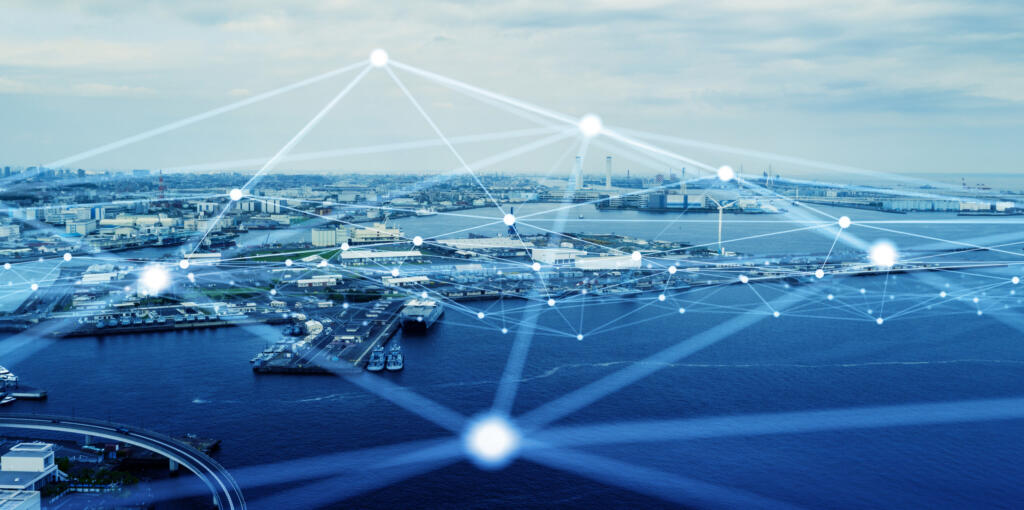
This article looks at the rise of AI powered ships and the legal frameworks in place for these new technological advancements.
What legislation governs autonomous and AI powered ships?
Autonomous ships are a key aspect of the government’s Marine 2050 strategy. The government recognises that legislation in this area is needed to encourage innovation. However, for now the sector will have to continue applying existing and outdated regulations to new technology.
What are the current laws that are applied to AI ships?
Relevant laws that apply include the laws governing liability and collisions at sea (including the COLREG’s – the Highway Code of the sea), intellectual property laws and data protection and cyber security laws. Insurance is also a key consideration and the Lloyds Register Foundation have already included AI ships in their classifications by developing a scale for the level of autonomy a ship has ranging from ‘AL 0’ (no autonomy) to ‘AL 5’ (fully autonomous).
Case law in the area of liability for collisions is going to be a developing area as the existing legislation and historic case law was not written with autonomous or entirely “AI powered” ships in mind.
What new regulations are being discussed?
Emerging regulations around the use of artificial intelligence will also apply and those in the sector should consider guidelines and consultations around the ethical use of AI published by both the EU Commission and the UK Information Commissioner’s Office (the ICO).
Whilst not yet law, they show the likely direction regulation is going in. Whilst not specific to AI powered ships, ethics inevitably has a part to play – do you program your ship to avoid damage to your expensive ship or make preserving human life and minimising environmental damage your priority? At present the regulation of AI is sporadic (if regulated at all) and varies from country to country. For further discussion around ethical AI please see this article.
As ships will often be crossing international waters it is important legislation in multiple territories are considered which adds to the complexity for those operating in this emerging sector.
What about protecting your intellectual property?
It is important that those in the sector look at protecting their Intellectual Property early on in the design process. Patent protection should be considered early on before the innovation is disclosed to the public or third parties, and Non-Disclosure Agreements (NDAs) should be used where appropriate.
As well as patents, consideration should also be given to copyright for design drawings and software, trade marks for brand names/logos and unregistered and registered designs for the way the vessel looks. You also need to think about how the information that may be collected and/or created by these AI powered ships can be protected. Trade secrets and database rights will play a pivotal role in protecting any information which is collected.
Collaborations
Many of the recent advancements in this area have been collaborations between two technology companies. It is important when collaborating with others that intellectual property ownership is addressed upfront.
Again, it is worth remembering that IP rights are territorial in nature so it is important that any IP strategy focusses on markets you are working in, selling into or sailing into. Simply securing protection in the UK will not offer sufficient protection when crossing international waters or selling on the world stage. Specialist advice should be sought at an early stage to secure maximum protection.
Find out how to protect innovations and inventions here.
What about cyber security on AI ships?
Cyber breaches are on the rise and it would be naive to think AI ships will not be targeted.
In 2017, major shipping liner Maersk was hit by a ransomware attack on its entire IT system. It took ten days to recover and was reported to have cost the company between $250 million and $300 million.
The stakes are high, so those in the sector need to make sure robust cyber security protections are in place to minimise the risk of a nefarious party taking control of your ship.
Conclusion
It is likely specific legislation will be slow to be implemented and will struggle to keep up with technological advancements. We would recommend businesses take the crucial steps of protecting their intellectual property and consider the other legislation that may apply to ensure compliance with the law and minimise risk, for example in respect of liability and cyber security in the meantime. It is very much a case of watch this space.
If the tide turns and comprehensive legislation is put in place with consistency across jurisdictions this will reduce the risk for investors, and encourage further innovation. Sadly, we are not at that stage yet and there is still a long way to go.
